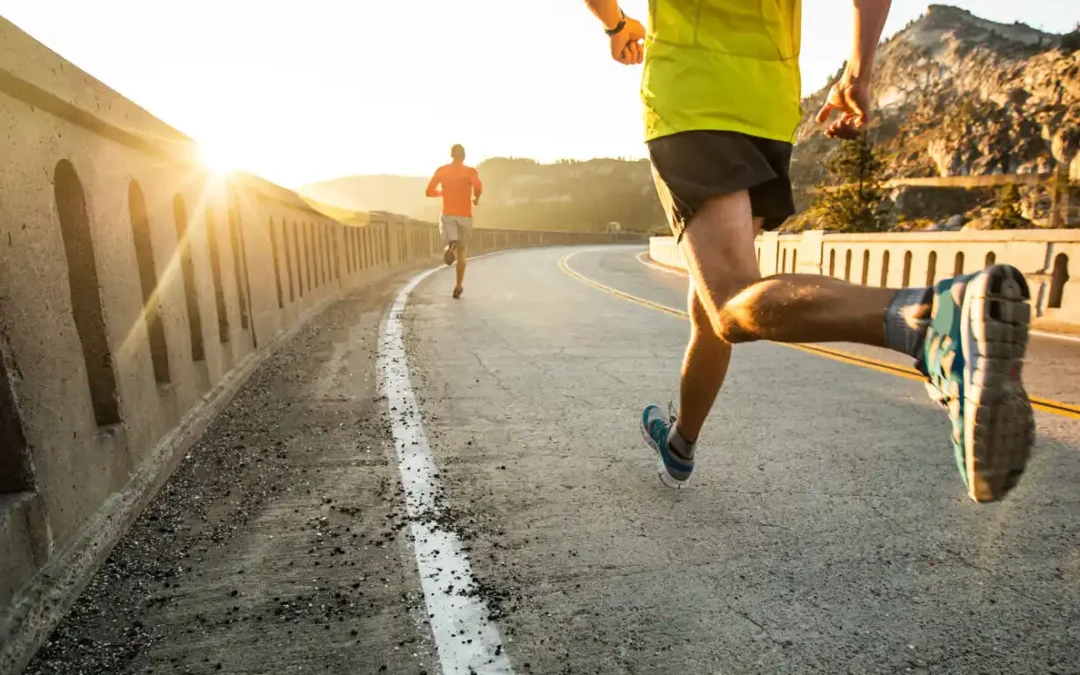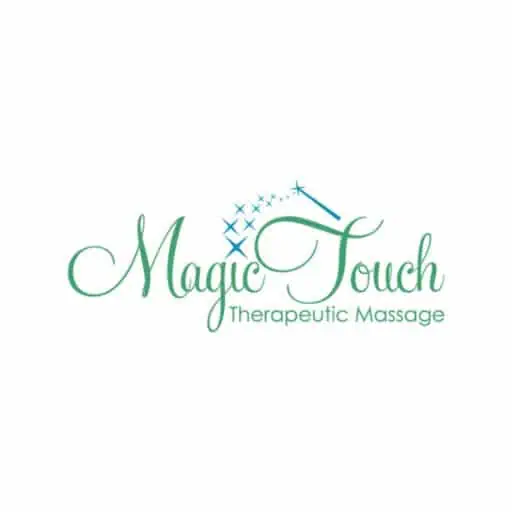Sports massage is on the leading edge of therapies utilized by modern athletes. Sports massage is manual manipulation of the muscles geared specifically toward helping people who have physically demanding lifestyles and/or hobbies. This kind of therapeutic massage considers the impact of certain activities on specific joints, muscle groups, tendons, ligaments, and soft tissue groups.
The conscious focus of sports massage therapy maximizes the benefit of certain massage techniques and supports further physical exertion and activity. It uses various techniques to decrease muscle pain and improve recovery, as well as improve overall range of motion and flexibility to support safe and effective movement.
The purpose of a deep tissue massage, for example, is to treat chronic pain and on-going tension. This might be beneficial in a very general sense, but sports massage therapy is specifically designed to support and enhance the performance, recovery, and relaxation of people (typically athletes) who are frequently and/or intensely physically active.
A sports massage therapist can assist with training, rehabilitation, and pre- or post-performance goals. While often sought by elite and amateur athletes, sports massage can also be beneficial for anyone who regularly exercises.
Many sports massage benefits have been reported on the basis of experience and observation alone. These include:
1. Relaxation
Sports massage is used as part of a specific recovery or enhancement program and can also be on-going if a body requires it. Athletes in the off-season benefit from sports massage with significantly decreased tension in the muscles that have been stressed or over-extended throughout the season. For those who play and train rigorously year-round it is a way to help the body sustain physical stress without damage, to quickly and fully recover from injury.
The benefits of sports massage go beyond the physiological. The strains of athletic training take their toll on the mind. Relaxation massage facilitates rest and better sleep. It can also help quiet the mind. Every session can leave the athlete refreshed, rejuvenated and ready to tackle the next round of training. This is especially true for sports and activities that require quick decision making and careful observation. Relieving tension build up and improving emotional state can help prevent accidental injuries and long-lasting damage to the body. It can also help athletes gain an advantage over competitors.
2. Recovery
Recovering from a destructive injury or physical strain is different for every athlete. The specific recovery program an athlete, coach, physical therapist, or physician decides on will depend on the athlete’s personal medical history, and what sport they play or physical activity they engage in. For example, the recovery of a football injury will likely be different than that of a gymnast. Consequently, their massages are going to be different, as well. Sports massage therapy can be customized based on specific needs, challenges, and if necessary, injuries. The ability to identify and treat specific physical weaknesses can have a positive effect on athletic performance.
3. Removal of Toxins
Another part of athletic recovery that is enhanced by sports massage therapy is the release and removal of toxins from the muscles. When the muscles are engaged for long periods of time and the body is challenged, lactic acid can build up and toxins can begin to affect certain tissues. Lactic acid causes fatigue and muscle soreness. Regular sport massage aids in the release of lactic acid, which will consequently facilitate a more efficient recovery process in-between training sessions. This lactic acid increase can create painful knots and uncomfortable binding throughout the body. A toxic build up can decrease athletic ability quickly and significantly. It can also affect areas of life outside of sport or activity. Lactic acid can be problematic in day-to-day movements and tasks, though it is hardly the only toxin the muscles and tissues store. Sports massage therapy helps work and loosen the muscle fibers of overworked areas to relieve lactic acid, along with all of the other painful toxins in the muscles and tissues, so that the body can remove and discard them quickly and efficiently.
4. Better Sleep
Sports massage therapy can help facilitate and deepen sleep. Sleep is an under addressed part of physical rehabilitation that is neglected far too often. Chaotic sleep patterns and poor quality of sleep can seriously impact the body’s ability to function physically, let alone perform at its best. Any sport played or physical activity engaged in will suffer if sleep needs are not met and appropriately prioritized. Getting adequate rest is essential for general health and overall physical performance, but is especially important if the body is physically challenged. Massages that are specifically focused on chosen activities and lifestyle can help relieve discomfort and provide the support that will allow the creation and maintenance of healthy sleep habits.
5. Performance Enhancement
Athletes not experiencing any physical damage or difficulty can participate in regularly scheduled maintenance massages to help improve athletic performance. Sports massage therapy gives support to the areas of the body worked by specific sport or exercise activities. This kind of activity conscious treatment and assessment can help heighten an athlete’s abilities and provide them with the physical support necessary to pursue and achieve their goals. Muscle and joint attention through sports massage therapy can greatly assist athletic performance.
Sports massage improves muscle performance, enhances flexibility, and increases the athlete’s range of motion around the joints. Massage provides the support that the body needs to perform safely and confidently. A body’s joints need the muscles around them to be fully engaged and strong enough to safely and fully support the body’s movements. Regular therapeutic sports massage helps the body from being dependent on bound muscles and weak joints for support when it is time to perform.
Sports massage doesn’t work overnight. Athletes determined to see its effects should incorporate it regularly in training, not sporadically. Scheduling a massage often feels like a splurge, but sports massage isn’t the kind of thing you want to leave to the last minute before a race or hold off on until you’re dealing with a nagging issue. Used as a preventative maintenance or to address pain or to assist in recovery, massages can be an essential weapon in your training arsenal. Athletes serious about long-term performance enhancement should see a professional sports massage therapist.
- About the Author
- Latest Posts
Established in Slidell in 2016, Magic Touch Therapeutic Massage and Spa has been dedicated to enhancing well-being through specialized massage and healing techniques. With over two decades of experience, our services range from deep tissue and medical massage to myofascial release and trigger point therapy. Our intuitive and skilled approach has successfully treated a variety of conditions, including sciatic pain, fibromyalgia, and migraines, offering not just relief but a renewed sense of well-being.


